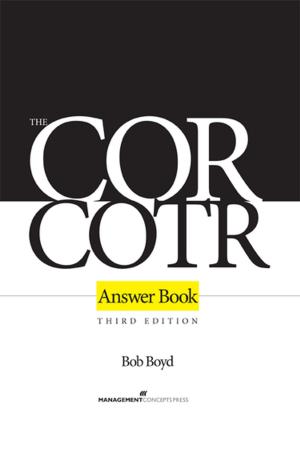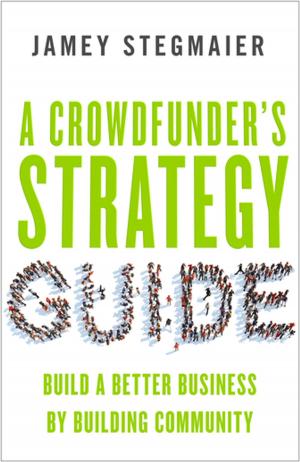Human Resource Management in the Knowledge Economy
New Challenges, New Roles, New Capabilities
Business & Finance, Human Resources & Personnel Management| Author: | Mark Lengnick-Hall, Cyndy Lengnick-Hall | ISBN: | 9781609945992 |
| Publisher: | Berrett-Koehler Publishers | Publication: | December 2, 2002 |
| Imprint: | Berrett-Koehler Publishers | Language: | English |
| Author: | Mark Lengnick-Hall, Cyndy Lengnick-Hall |
| ISBN: | 9781609945992 |
| Publisher: | Berrett-Koehler Publishers |
| Publication: | December 2, 2002 |
| Imprint: | Berrett-Koehler Publishers |
| Language: | English |
Offers a fundamentally new conceptual model for the human resource function to meet the challenges of the knowledge economy Provides concrete suggestions for implementing this model, including numerous examples of effective practices from leading-edge firms Synthesizes current thinking on knowledge management and intellectual capital and identifies how human resource management can make a value-added contribution As more organizations recognize the importance of intellectual capital and knowledge management to competitive success, you would expect human resources (HR) to move to the forefront of organizational leadership. Yet, to the contrary, HR continues to be criticized for its operational and bureaucratic focus and its inability to keep up with changes in the environment. Human Resource Management in the Knowledge Economy examines how human resource management must change if it is to remain a vital part of the organization. The Lengnick-Halls show how HR departments can move beyond a simple operational focus on attracting, selecting, developing, retaining, and using employees to a more strategic focus on managing human capital and managing knowledge. The book identifies the most important features of the knowledge economy and details four new roles HR must adopt in order to help organizations succeed in this new environment: human capital steward, knowledge facilitator, relationship builder, and rapid deployment specialist. Each of these roles is defined and described in detail using examples from leading-edge businesses. Human Resource Management in the Knowledge Economy describes how human resource management has evolved and continues to evolve to meet the increasing demands of organizations for sources of competitive advantage.
Offers a fundamentally new conceptual model for the human resource function to meet the challenges of the knowledge economy Provides concrete suggestions for implementing this model, including numerous examples of effective practices from leading-edge firms Synthesizes current thinking on knowledge management and intellectual capital and identifies how human resource management can make a value-added contribution As more organizations recognize the importance of intellectual capital and knowledge management to competitive success, you would expect human resources (HR) to move to the forefront of organizational leadership. Yet, to the contrary, HR continues to be criticized for its operational and bureaucratic focus and its inability to keep up with changes in the environment. Human Resource Management in the Knowledge Economy examines how human resource management must change if it is to remain a vital part of the organization. The Lengnick-Halls show how HR departments can move beyond a simple operational focus on attracting, selecting, developing, retaining, and using employees to a more strategic focus on managing human capital and managing knowledge. The book identifies the most important features of the knowledge economy and details four new roles HR must adopt in order to help organizations succeed in this new environment: human capital steward, knowledge facilitator, relationship builder, and rapid deployment specialist. Each of these roles is defined and described in detail using examples from leading-edge businesses. Human Resource Management in the Knowledge Economy describes how human resource management has evolved and continues to evolve to meet the increasing demands of organizations for sources of competitive advantage.















